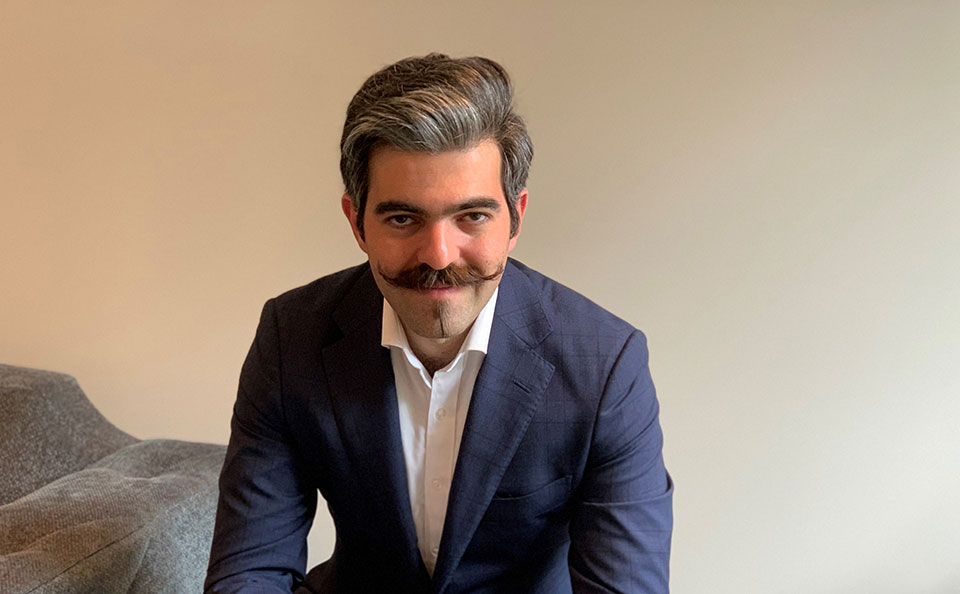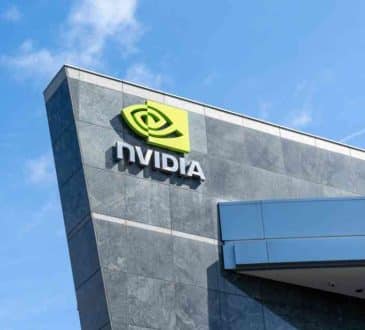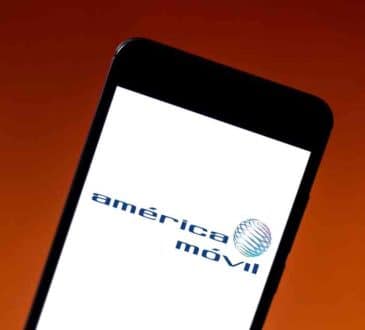How to remain agile and thrive during COVID

In times of crisis it is not the largest companies nor the best funded ones that survive. It is the business that can respond to change with agility. Agility goes hand in hand with innovation. When things change businesses that can innovate quickly can adapt to the changing conditions quickly.
Crisis creates a drive for innovation. There are many examples of companies throughout history that came up with highly innovative products, services, or business models during recessions. iPod for example was developed during the Dot-com crash of early 2000s. And the iconic iPhone 3G was release during the Global Financial Crisis.
Another well-known example is Amazon. Amazon had its IPO in 1997 and after 4 years of sinking in investment, it finally started thriving during the Dot-com crash and turned its first profit in the fourth quarter of 2001.
For most businesses it is difficult to keep the lights on during recessions. Yet, any difficulty can be a blessing in disguise. Companies that can innovate fast during recessions will gain a competitive advantage and will not only thrive, but even play a role in defining the market and economic landscape post the recession.
In fact, the Business Agility Report 2020 has reported a significant increase in the business agility maturity index since the COVID-19 pandemic has started. These nimble businesses typically use Agile product development methods to innovate quickly.
When faced with uncertainty, we need to make decisions in a way that maximises our flexibility and adaptability. To do this, we need to find a way to empirically validate the outcomes of our decisions before committing to them. We need to ask ourselves: “How can I design a small experiment to validate my hypothesis and gain more insight?”
Agile product development frameworks provide a structure for quick experimentation end enable us to validate the outcomes of our decisions swiftly. There are various Agile product development frameworks available in the market today. Most these frameworks have their roots in early 2000s in the Information technology industry. But since then these frameworks have gained significant popularity in businesses of various shapes and sizes across most industries.
Agile frameworks operate on an iterative plan-do-check-adjust cycle. Let’s say you have an objective that you want to achieve. The first step is to come up with a plan of how you want to achieve this objective. The next step is to implement the plan. But typically, things don’t go according to plan and you need to adjust during the “do” phase. The next step is to check if what was just done has moved you closer to your objectives. Then based on this learning you need to course correct and adjust the plan for the next iteration and then start again.
The shorter you can make this cycle the more agile you will be. Many organisations use this cycle to define and build MVPs (Minimum Viable Products) to learn early and then adapt their strategic and tactical decisions based on the new insights from the MVP.
To innovate quickly and effectively organisations need to think outside the box. And to do this they need to utilise the entire intellectual capacity and creativity of their organisation. Businesses need to create an environment that fosters creativity and proactive innovation.
When we enter a recession the rules of the game change. Things that have been working before may not be working any more. We need to think outside the box and be open to crazy ideas. This is actually the definition of creativity; making something that did not exist before. One technique that is used by many successful organisations to foster creativity is to hold ideation workshops on regular basis.
In these ideation workshops we need to create a safe space for our team to come up with absurd and impossible ideas. No idea is wrong, and no one is allowed to criticise anyone. In ideation sessions no one is allowed to say “but that’s not going to work”, the only feedback allowed is constructive feedback. If you think something is not going to work, you are only allowed to say how to make it work.
One of the companies that has demonstrated a high level of business agility recently is Airbnb. The COVID-19 lockdowns significantly reduced Airbnb revenue. But Airbnb pivoted swiftly, opening new lines of business within just a few months. Airbnb now offers various types online experiences with local providers globally. For example, you could book a live virtual safari in Africa, or a private cooking lesson with a famous chef in Paris, all from the comfort of your home.
Written by Arash Arabi.
Add CEOWORLD magazine to your Google News feed.
Follow CEOWORLD magazine headlines on: Google News, LinkedIn, Twitter, and Facebook.
This report/news/ranking/statistics has been prepared only for general guidance on matters of interest and does not constitute professional advice. You should not act upon the information contained in this publication without obtaining specific professional advice. No representation or warranty (express or implied) is given as to the accuracy or completeness of the information contained in this publication, and, to the extent permitted by law, CEOWORLD magazine does not accept or assume any liability, responsibility or duty of care for any consequences of you or anyone else acting, or refraining to act, in reliance on the information contained in this publication or for any decision based on it.
Copyright 2024 The CEOWORLD magazine. All rights reserved. This material (and any extract from it) must not be copied, redistributed or placed on any website, without CEOWORLD magazine' prior written consent. For media queries, please contact: info@ceoworld.biz
SUBSCRIBE NEWSLETTER








